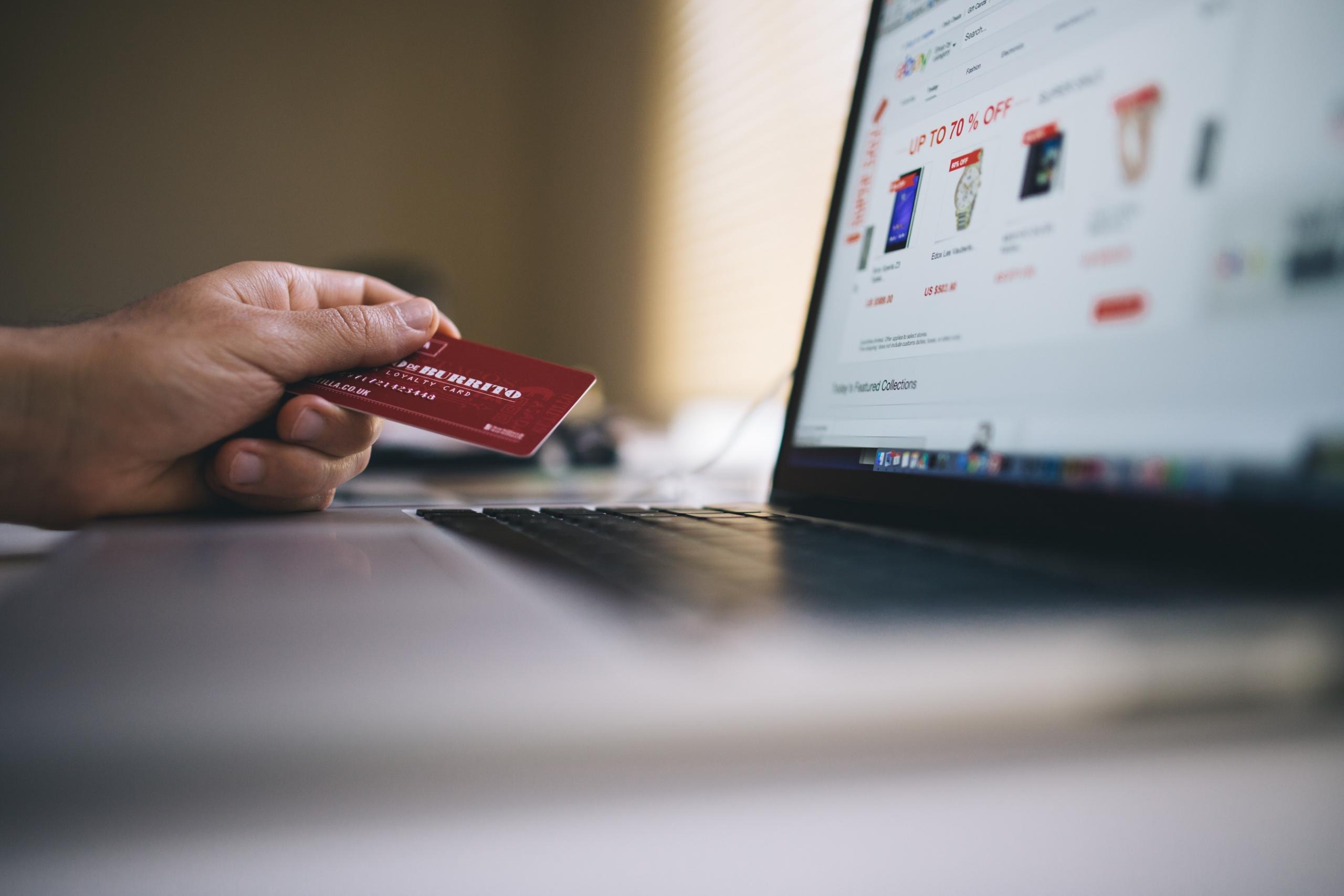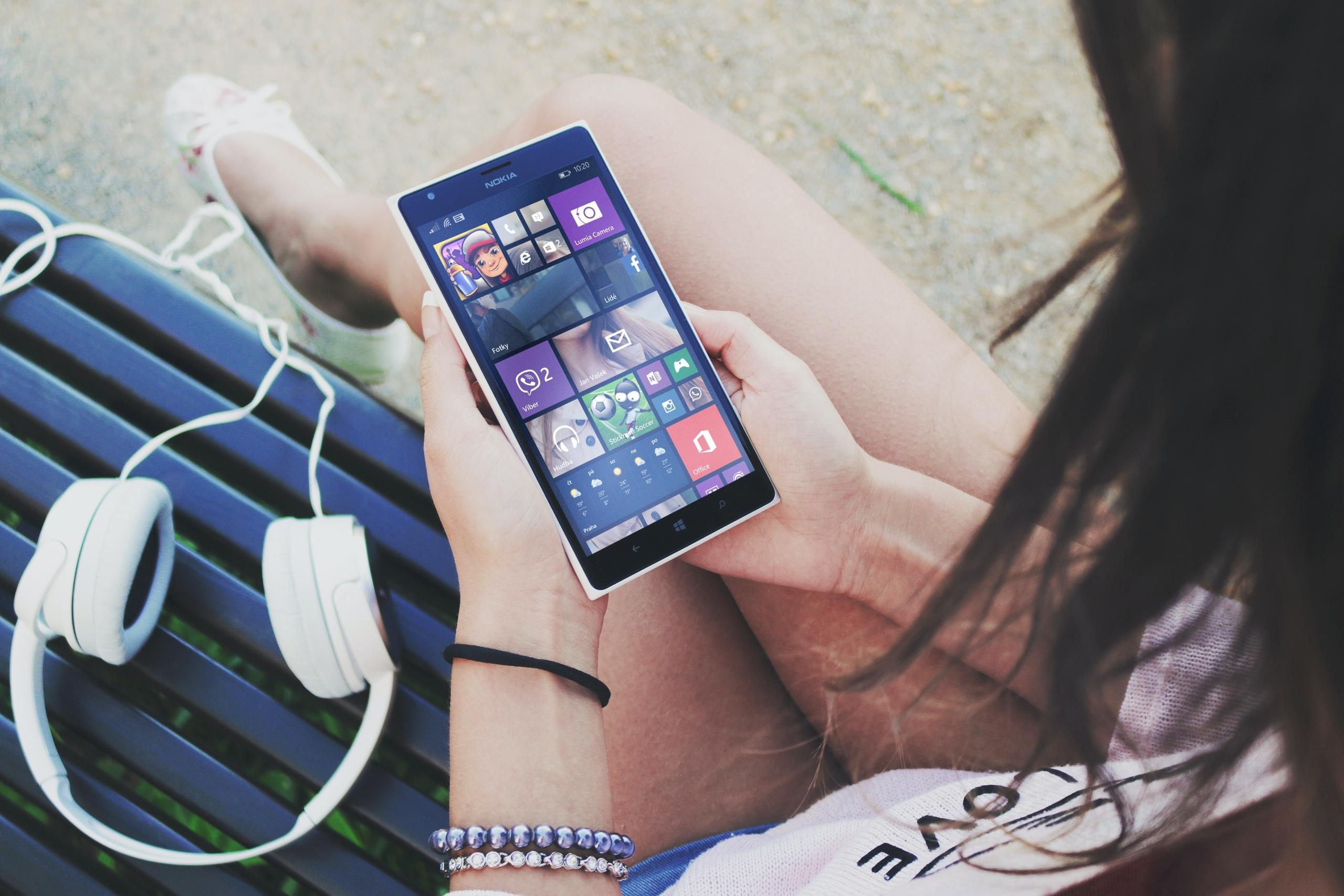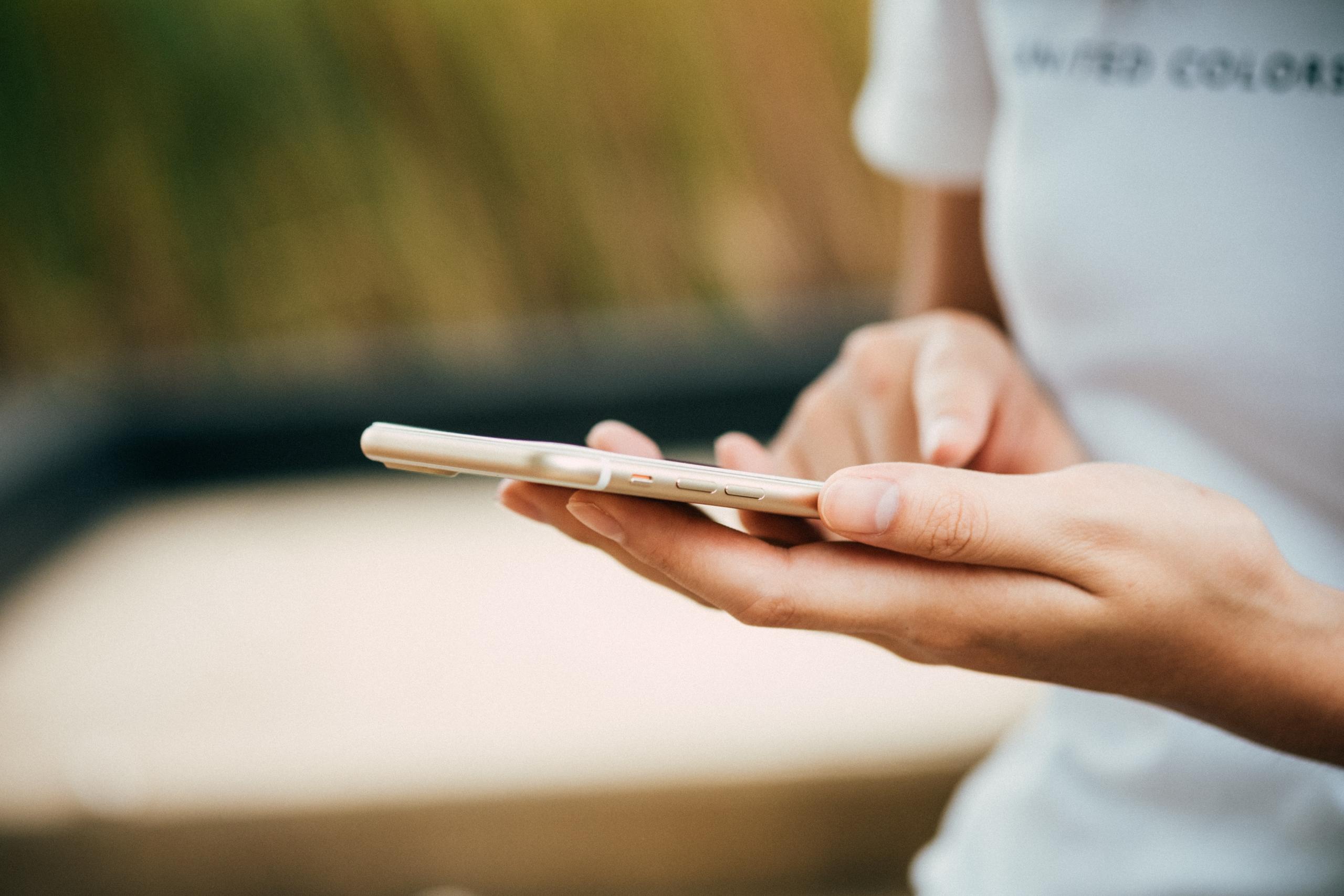Part and parcel of cyber safety and security is ensuring your phone remains safe as well. Phone safety doesn't just mean making sure that your phone doesn't fall out of your hand, leading to your screen getting cracked. Phone safety means making sure that your personal information, location details, and everything personal doesn't fall into the wrong hands.
It is essential to worry about your phone safety as you spend most of your time glued to your phone screen. When you bother about phone safety, you are ensuring that you keep your personal information, and your location a secret at all times.
Safety is something that happens between your ears, not something you hold in your hands. Jeff Cooper
So, if you would like to ensure phone safety, you need to listen up!
The very same phone that you are holding in your hand can be the reason why you are so easy to find. In fact, your GPS tracking could be sending details of your location to the world. Exaggerations aside, you need to ensure that you stay on top of your location tracking apps.
Perhaps a handy guide on how to ensure your phone safety is what is needed. If you are looking for a guide to help you with being safe online, read our Internet Safety Guide.
Want to give private lessons?
Join the Superprof community and share your knowledge with inquiring and motivated students.
Safe Use of the Internet
When ensuring the safety of your phone, you must remember that the social media apps on your phone and what you do on your phone also matters. Make sure you familiarise yourself with your phone settings. It may seem like quite the chore to have to adjust settings on your phone, however, it really is a worthwhile chore to ensure your safety.
Fidgeting with your safety settings is one aspect of staying safe online. On the other hand, making sure what you do online doesn't have negative consequences for your handheld device is equally as important.
Have Strong Passwords
To prevent someone from gaining immediate access to your phone and all of your messages, protect your phone with a password or with your fingerprint.
However, that isn't the only password you need to be concerned about. Your email on your phone also has a password that needs to be strong enough to protect all of your messages. Therefore, try not to keep your password for your email stored on your phone. If your phone ends up in the wrong hands, the person can easily access your email when your email password is given away by your phone.

Make sure that you have a password that needs to be put in before you download from the iStore or the Play store. This way, you can ensure that no one downloads something on your phone that you didn't know about or approve. You could be billed unnecessarily should someone download something you had no idea about.
Also, ensure that your social media on your phone is protected with a password. Preferably, try to have a different password for each social media application. You don't want enthusiastic hands getting hold of your social media and posting something embarrassing or something you rather not have everyone see.
To know how to keep your social media in check and ensure safety there, read our blog post on How to Protect Yourself on Social Media.
Undo Location Sharing
Most smartphones come equipped with the latest GPS technology that will allow your phone to sort the photos that you take with your phone camera. Once pictures are sorted, they are placed according to the location where you are at.
While this feature may seem relatively harmless, the location sharing feature tends to give away your location in a heartbeat.
While this sounds devasting, you can turn off the location-sharing setting. It is all about your settings and knowing them well before you even start using your phone.
Bluetooth and Public Wi-fi
Sometimes we are so keen to connect our phone to our headphones that we switch on our Bluetooth without giving it a second thought. We also tend to hate being out of the loop, so we connect to public Wi-Fi all too easily.
Whichever place is offering free Wi-Fi, we sign in and start using the Wi-Fi graciously provided to us. However, as much as Bluetooth and Wi-Fi helps us, bluetooth and Wi-Fi can also make it so much easier for people to gain access to our phone.
Be very cautious when you turn on your Bluetooth and be even more weary when you chose to use the free Wi-Fi provided. Sometimes people gain access to our phone when we least expect it, so try to always stay alert and on guard.
Sometimes the cyberattackers introduce free Wi-Fi spots in order to attract people to join. Coffee shops, hotels, and picnic spots are just some of the places where you can get caught out with free Wi-Fi offerings.
Links
Have you ever got an SMS saying that you won something, and you had to click on the link provided to redeem your prize? Well, while it does seem like good news, the link is most likely bad news.
Usually, these links are sent as they are part of phishing schemes. Sometimes the links will urge you to fill out much more personal details than you should be filling out.
Phone Safety Rules
Part of phone safety includes being able to check your phone without fear that you may be bullied.
Now that you understand about why phone bullies are a phone safety concern, you may want to find out more phone safety rules.
While phones do enhance our lives and make it easier, they also have the core potential to ruin our lives if we are not careful about ensuring the safety on our phones.
Software and App Downloads
When it comes to apps, don't just download any application. Some apps may lure you into giving too much personal information. By downloading too many apps on your phone, you are more at a risk of passing malware to your phone.
The less apps that you download, the less information about yourself you will be giving away to people.
Limit the number of applications that you download and don't access any applications that you are unsure about.

Consider The Incoming Calls
Scams are becoming more common now. Either through SMS or via telephone. Hence, you don't unnecessarily want to get caught up and be scammed in some form of the other.
Telemarketing or telemarketers who want just too much information is another cause for concern. You want to make sure that you check who is calling before you answer incoming calls.
If the call is coming from someone you don't know, it could be safer idea not to answer the call in the first place. If a message is important, the caller will leave a voice mail.
Limit Your Usage
For your personal wellbeing, you need to limit your usage and make sure that you don't use your phone too often. Sometimes you can get so caught up in your phone that you forget all about the world around you. Don't be so distracted by your phone that you don't notice someone is trying to harm you right behind your back.
Mobile Phone Safety for Teenagers
If you have decided to please your teenager by giving him or her a phone, be smart in your decision so that you don't regret it later.
- Keep it simple: Your child should only have the phone at certain times and should not be allowed to use the phone beyond this time. Certain apps must be permitted to be used and your child should not use any other apps that are not permitted. Phone usage should be monitored as best as possible.
- Inculcate a sense of responsibility: The child should realise the phone is not a toy and should use the phone wisely. The child should also take care of his or her phone and not leave the phone around lying unattended.
- Monitor downloads and apps installed: Since you understand that apps downloaded can be a hazard, watch what apps your child chooses to download.
You can't control everything that your teenager does on his or her phone, but you can monitor phone usage and how much time is being spent online. If your child's behaviour seems to be changing after getting the phone, perhaps consider the possibility that he or she may be cyberbullied.
If you suspect cyberbullying intervene immediately.
How to Protect Your Phone Data from Hackers
There are core rules that you ought to follow to stay safe and avoid exposing your phone data to hackers are:
- Get security software on your mobile device. You can even use anti-virus software on your mobile phones.
- Being updated with the latest software does help in terms of making your phone less vulnerable.
- If you need to access public Wi-Fi, resort to using a VPN (virtual private networks) before you connect to the public Wi-Fi.
- Don't save personal details under your phone notes. Your notes are for small reminders and not for keeping banking details.
- Avoid being careless with your phone, sometimes it's easier for hackers to gain personal data from your phone as you leave it lying around.
Safety isn't expensive, its priceless. Jerry Smith
For more hints on how to keep safe, you need to understand The Importance of Online Safety first.
Want to give private lessons?
Join the Superprof community and share your knowledge with inquiring and motivated students.
Summarise with AI





